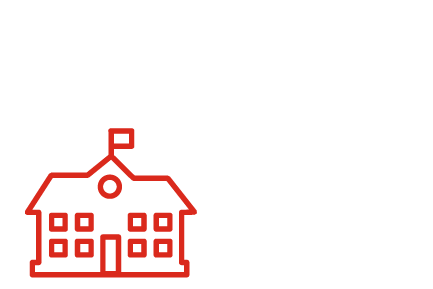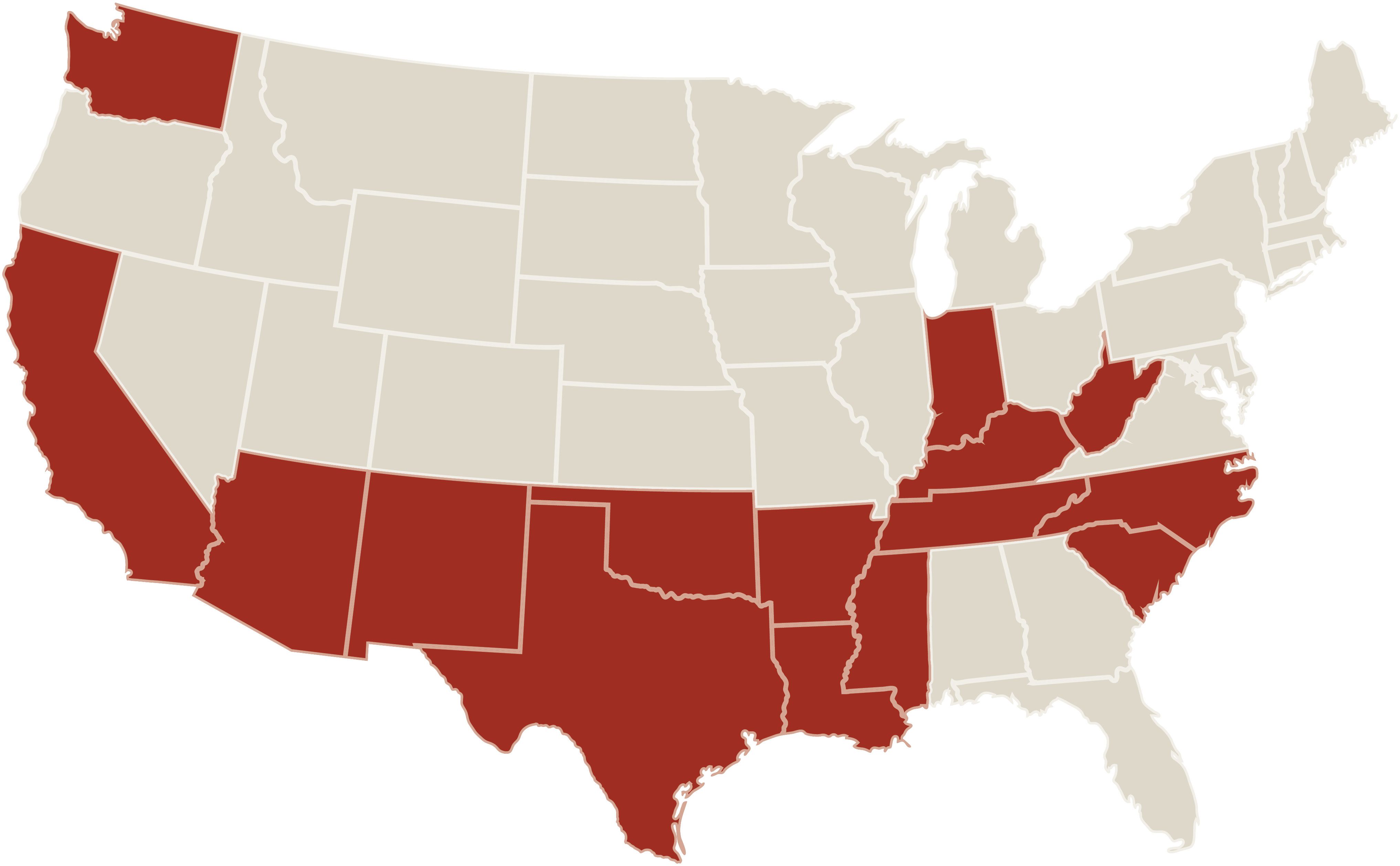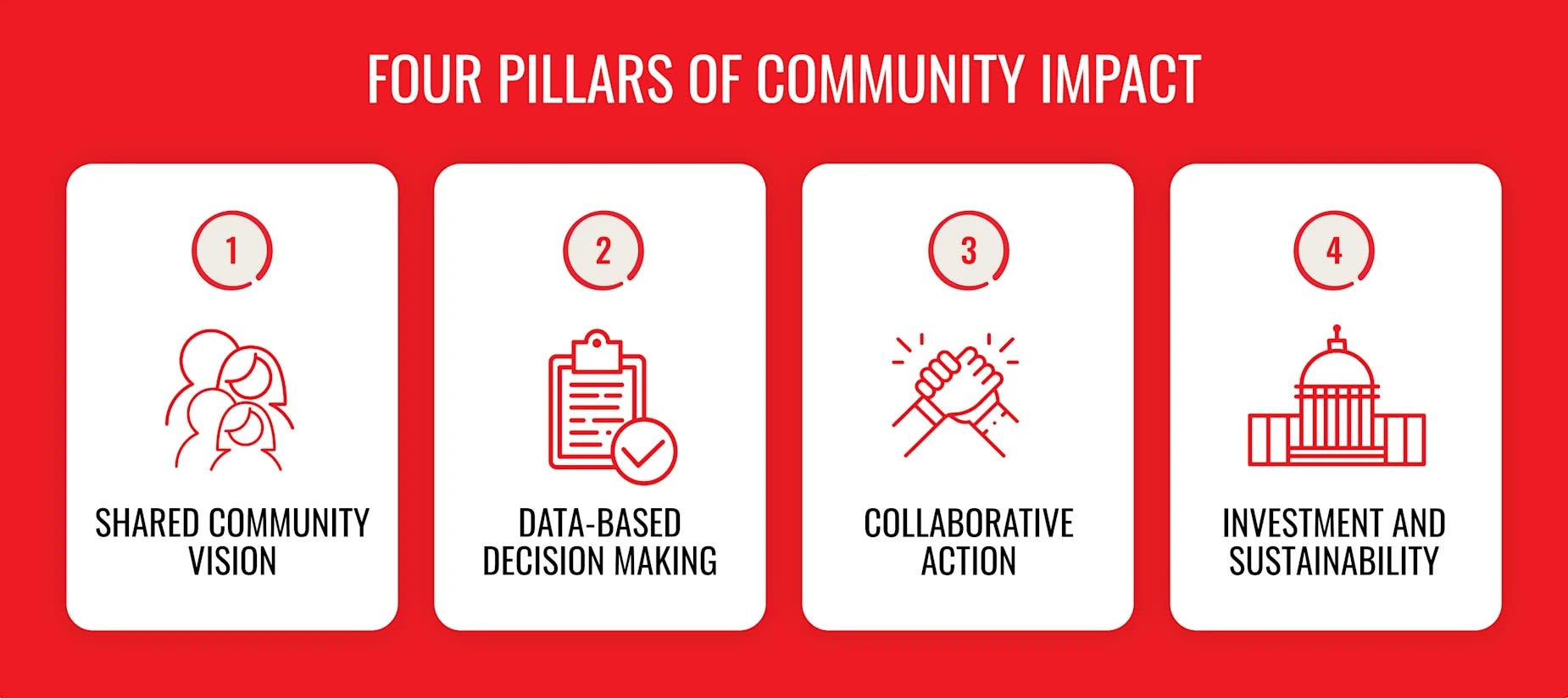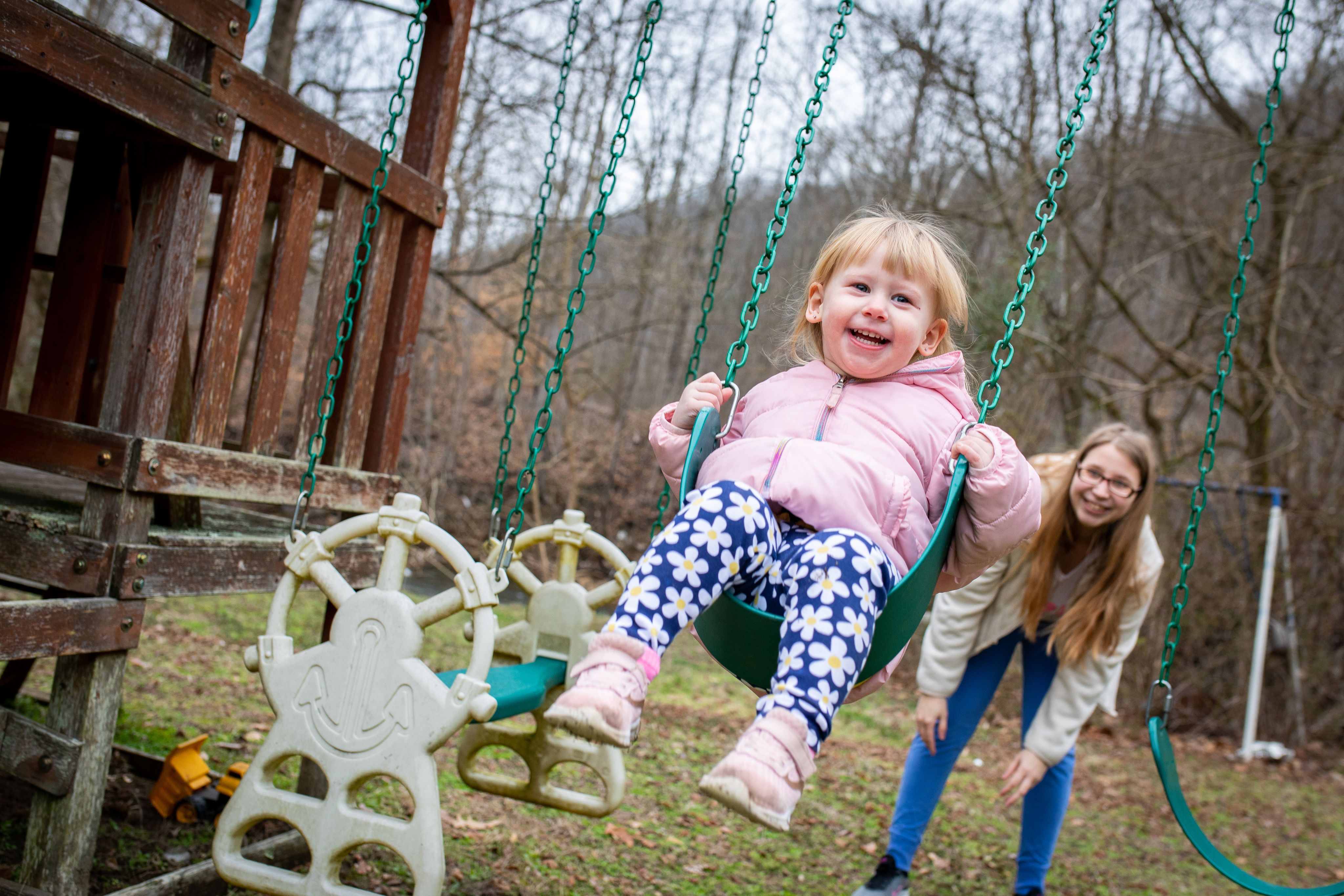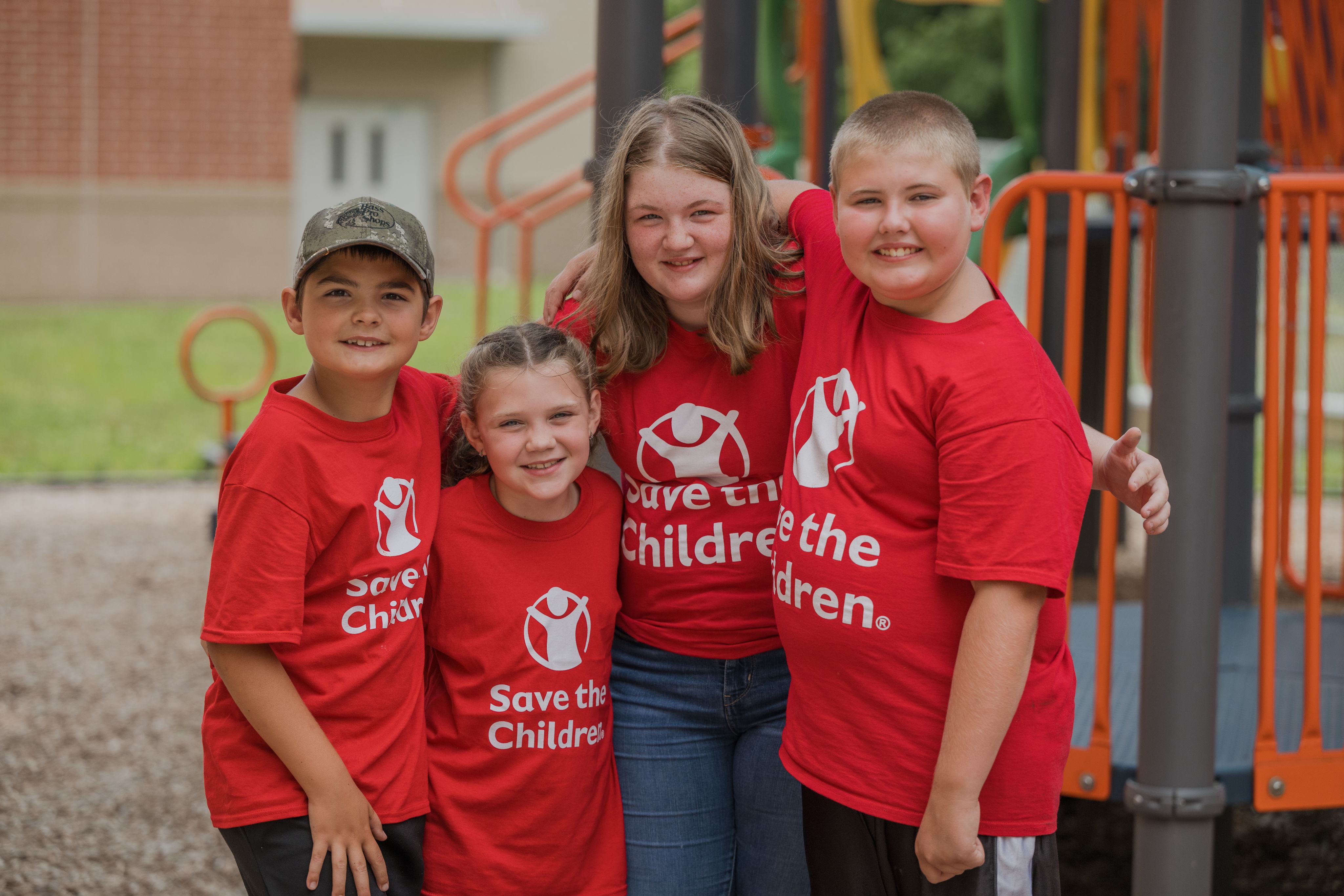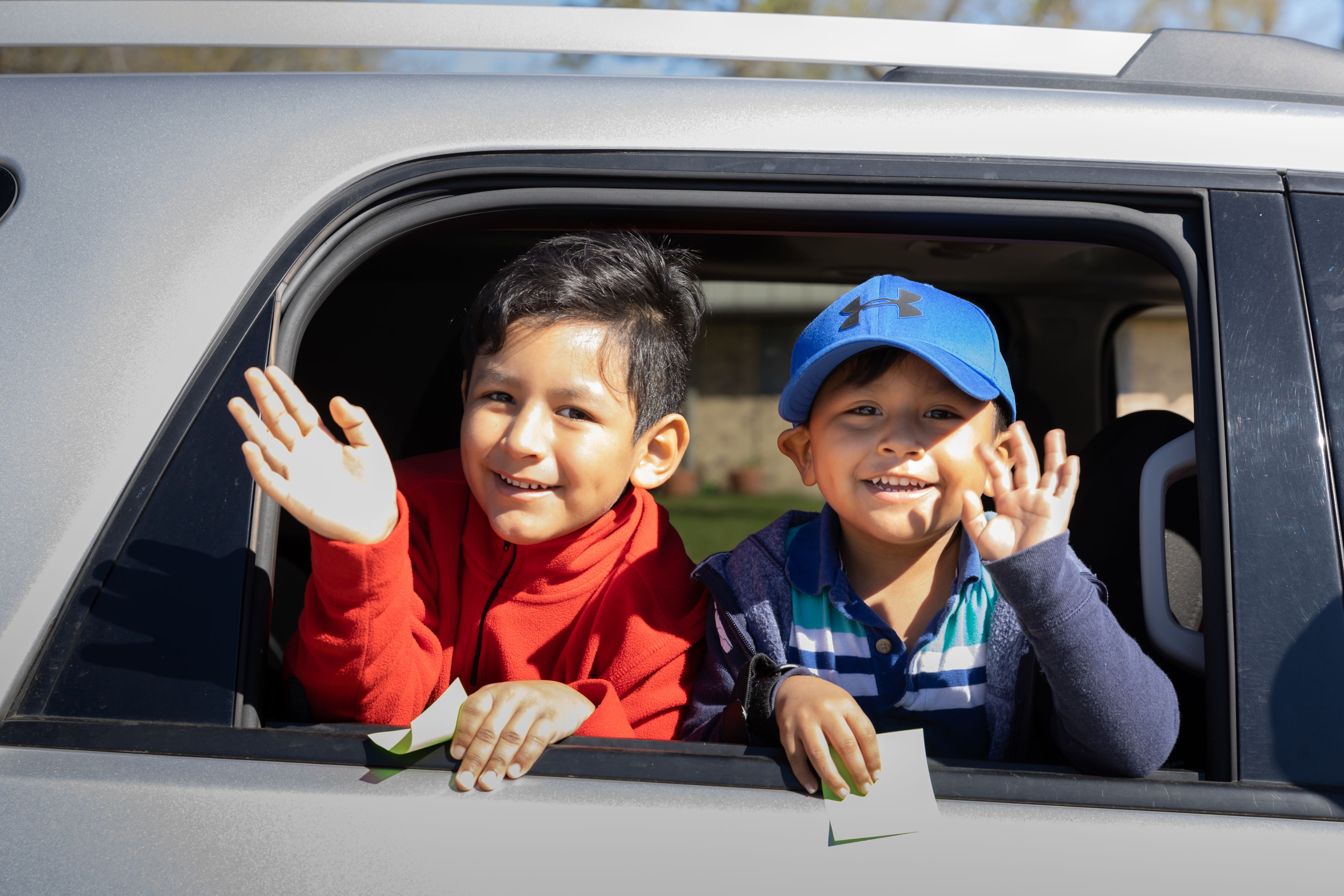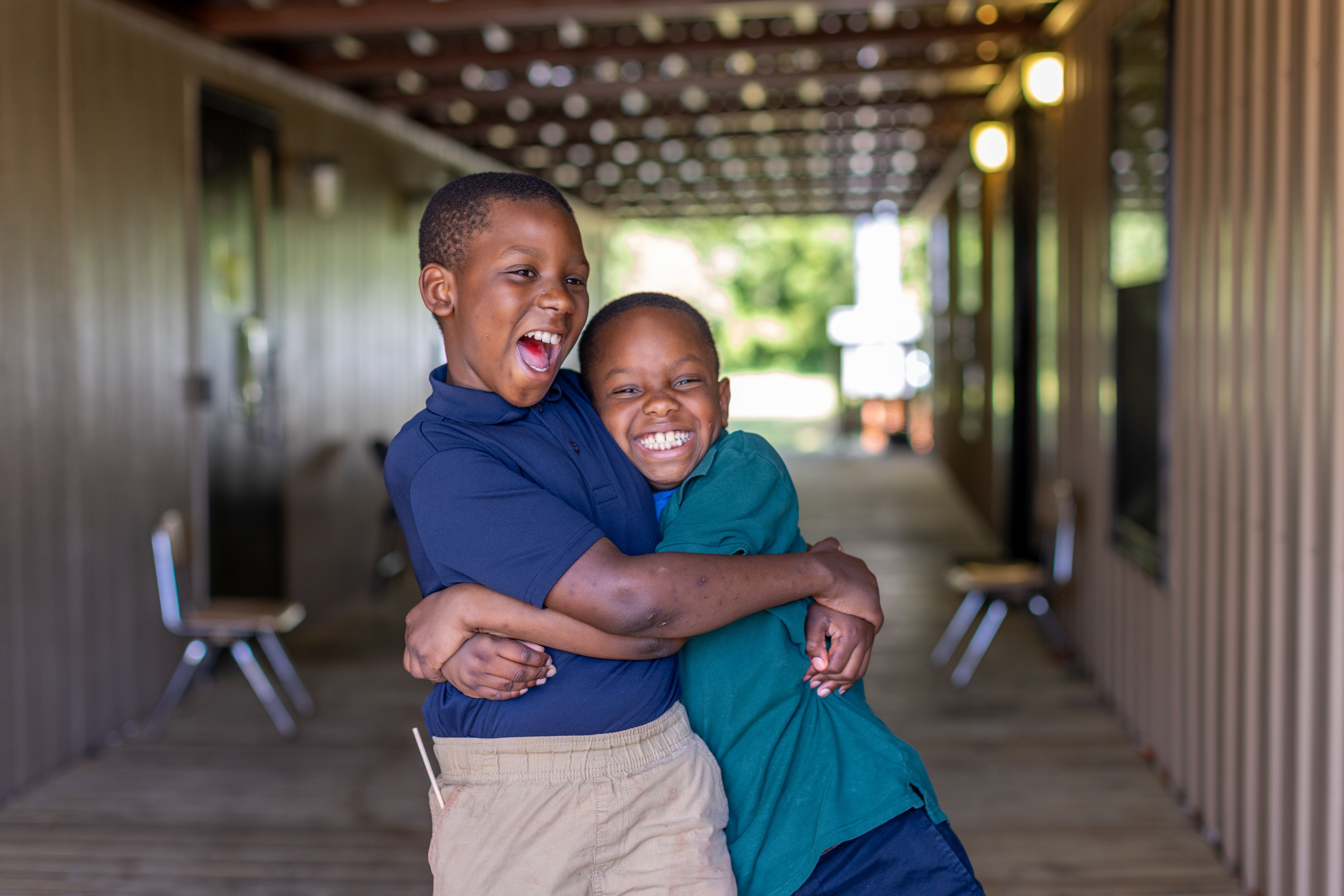SUPPORTING CHILDREN IN RURAL AMERICA

WHY RURAL AMERICA
Poverty is persistent in rural America — especially for children. As isolation increases and support falls, rural kids are struggling to thrive.
Rural families are nearly 20% more likely to receive public assistance than non-rural families.
Each child in rural America lives within a 10-mile drive distance of only 0.04 childcare centers.
More likely to face food insecurity, 43% of rural children are eligible for free and reduced-price meals.
Only 6-7% of private foundation grants benefit rural areas.

WHERE WE WORK
LOCAL LEVEL
Locally, we support over 250 rural communities across 15 states to work toward a shared goal of supporting all children.
NATIONAL LEVEL
Nationally, we promote learnings from our work to enact systems-level change through advocacy and increased state and federal funding for rural communities.
OUR FOCUS
We work to give children in America’s rural communities a healthy, strong foundation to thrive as learners and in life. To do this, we focus on three core areas:
KINDERGARTEN
READINESS
When children have better language, literacy, math and social-emotional skills when they enter kindergarten, they have better academic outcomes throughout their school years.
THIRD GRADE LITERACY PROFICIENCY
Reading at grade level by the end of third grade is the number one indicator of high school graduation. Children who don't read proficiently by third grade are four times more likely to drop out of high school.
FIFTH GRADE NUMERACY PROFICIENCY
Basic math skills are essential to navigate through life, and competence in mathematics is associated with future academic and economic success.
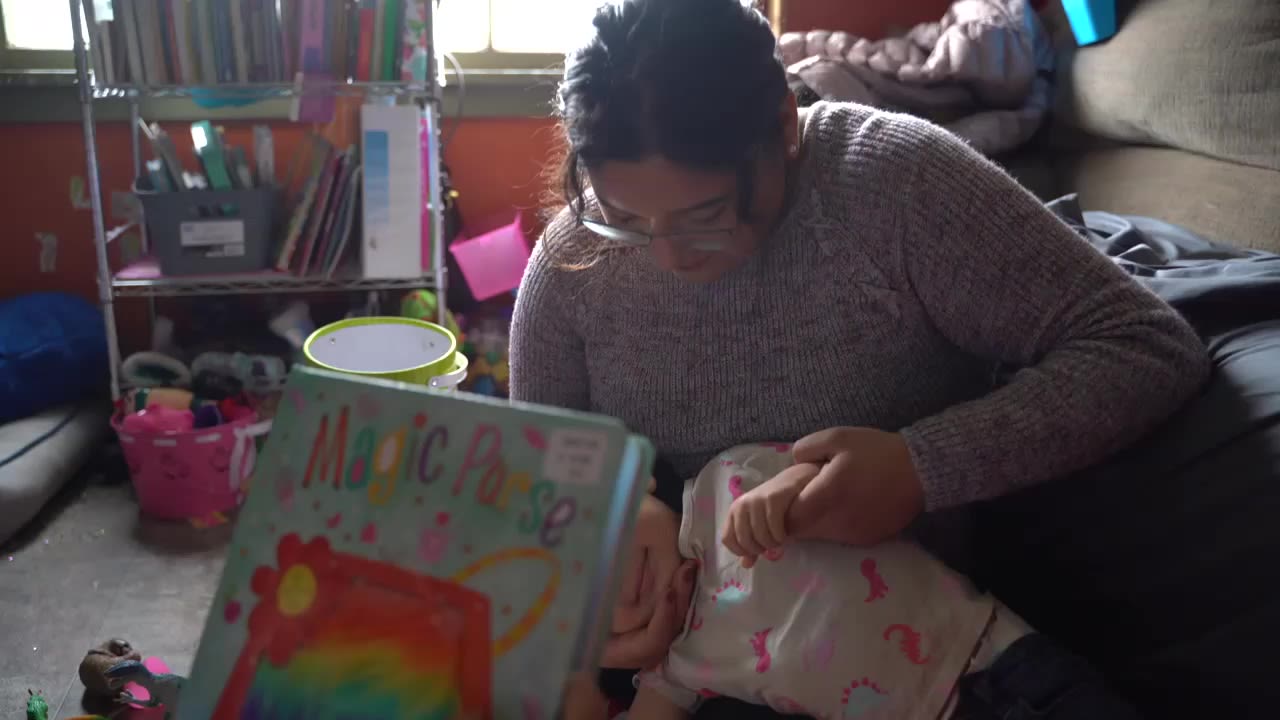
WHAT WE OFFER
Our signature programs address children’s unmet needs – going where others cannot and delivering scalable solutions. Here are examples of the programs we offer:
EARLY STEPS TO SCHOOL SUCCESS
Through this home visiting program, our Early Childhood Coordinators support caregivers with information and activities to promote their children’s school readiness and developmental progress.
HEAD START/EARLY HEAD START
Our dedicated Head Start teachers provide early learning opportunities to children growing up in poverty during their most critical stages of development.
KINDERBOOST®
This kindergarten readiness camp helps ease the transition to structured school, building children's social and emotional skills and giving them the confidence they need to start school ready to succeed.
SUMMERBOOST®
This summer program reduces summer learning loss and helps children build the skills needed for academic success and healthy development.
SCHOOL-AGE LITERACY AND MATH
We partner with elementary schools to provide supplemental support to accelerate the literacy and math achievement of children currently scoring below grade level.
WORKFORCE DEVELOPMENT
These programs address rural childcare gaps and teacher shortages by supporting the professional development of early childhood educators.
OUR COMMITMENT TO LOCAL COMMUNITIES
Our Community Impact approach brings together local community members - including religious organizations, businesses, health professionals, parents and community leaders - to drive lasting change for children.
For example, in Perry County, Kentucky, we've supported community partners in their efforts to improve education outcomes for children. Together, we helped:
- Align all early childhood education providers in the county on a common instrument to assess kindergarten readiness.
- Support professional development on evidence-based reading instruction for teachers.
- Establish the first preschool classroom in Buckhorn.
Since 2019, our data-driven approach has been a catalyst for meaningful population-level results for children in Perry County: 3rd-grade reading proficiency has increased by 26.3% and 5th-grade math proficiency is up by 16%.
OUR SUCCESS
Results show that our signature programs are working. Here are just a few examples of our impact for children:
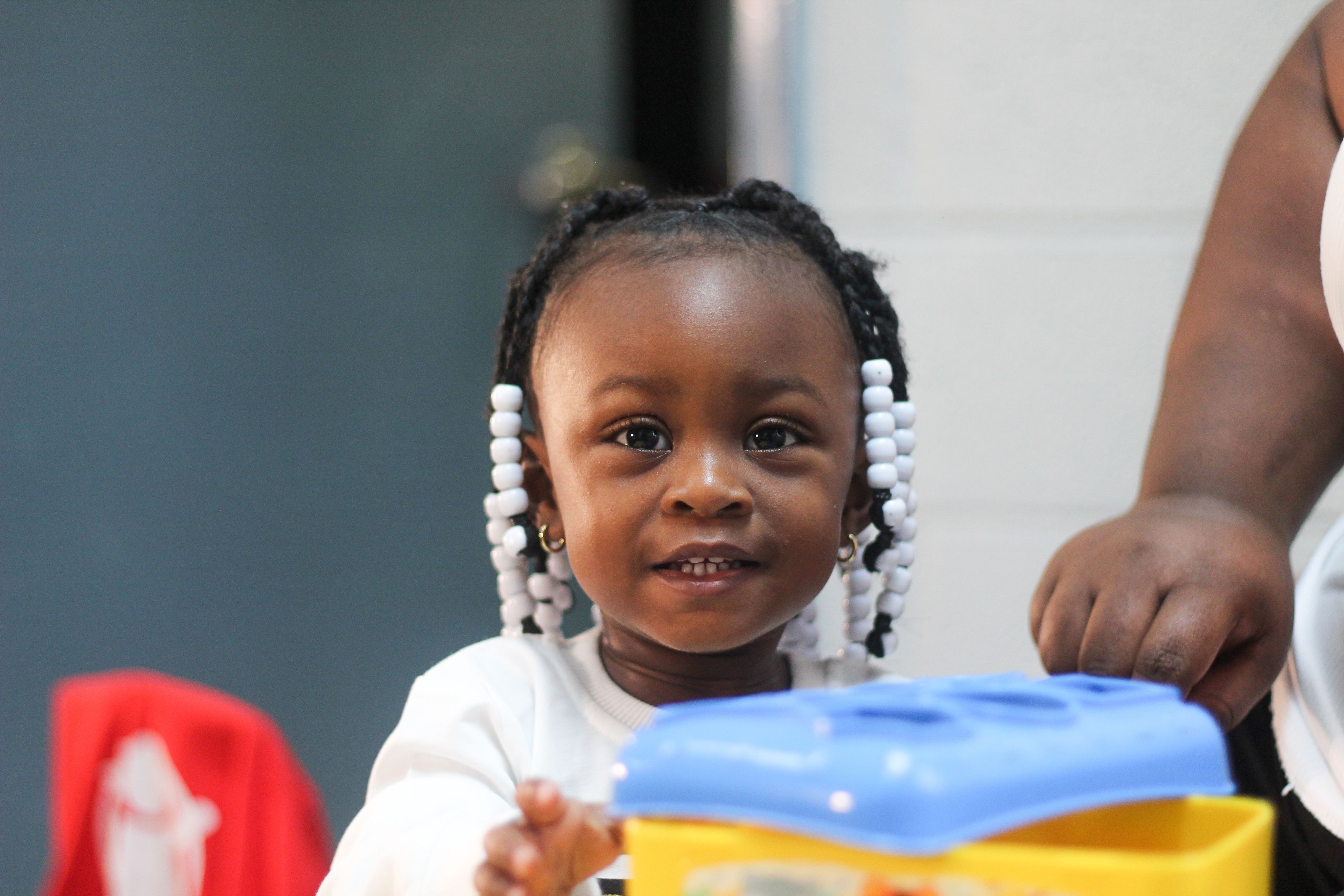
Nine out of 10 children in our Early Steps programs scored at or above the normal range of vocabulary achievement.

Students in Save the Children's literacy programs scored 10 points higher for student growth than the national median.
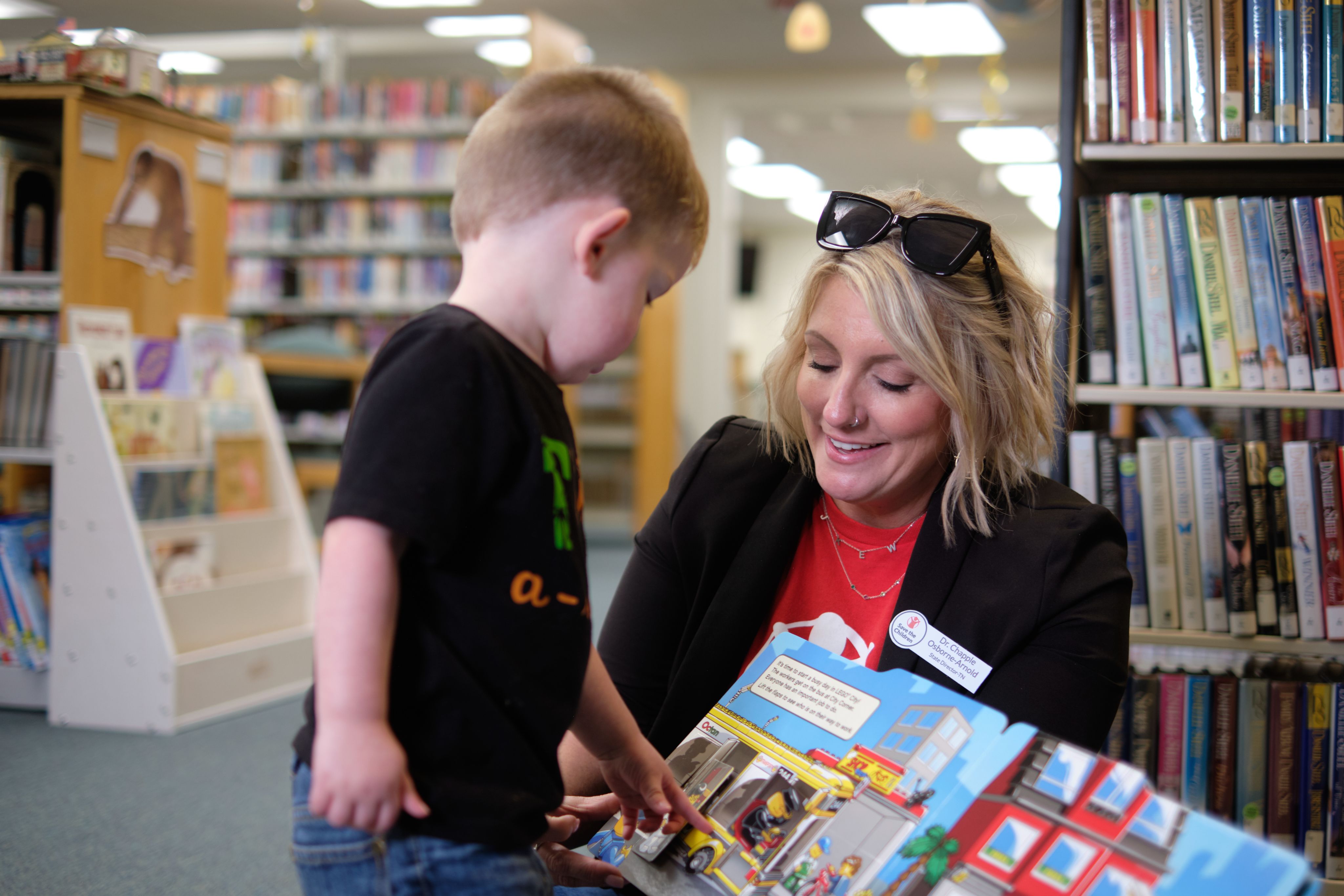
94% of families reported their child is more comfortable starting kindergarten because of our KinderBoost programs.
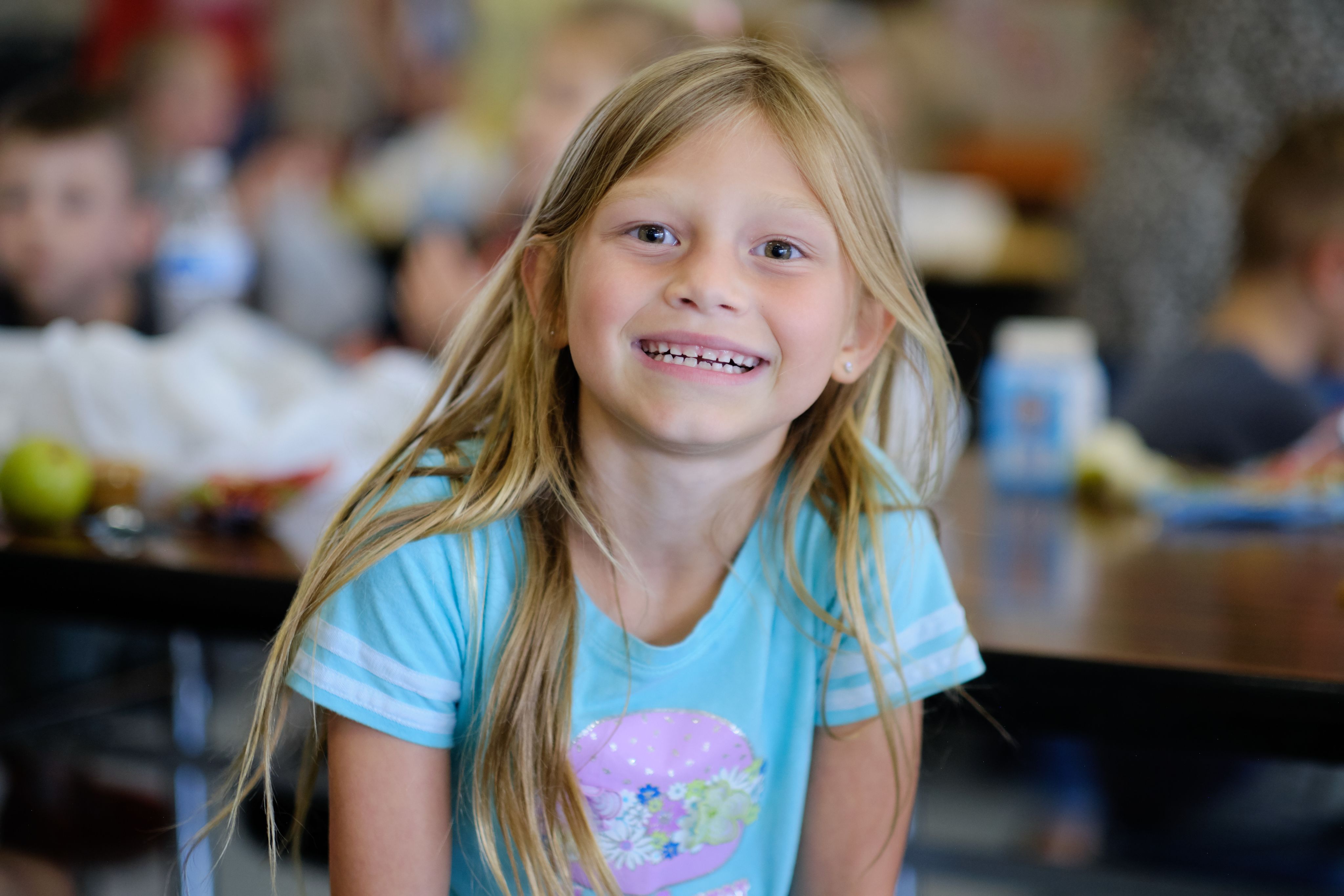
70% of students in our in-school and after-school math programs who started the year behind in math showed significant improvements.
SPOTLIGHT: HOW WE WORK WITH LOCAL PARTNERS
We partner with local organizations to ensure that all children in rural America can thrive.
For example, we've partnered with the Thompson Scholars Foundation, one of the first and only grassroots organizations in Appalachian Kentucky that serves children from birth through college.
Through the partnership, we've helped provide staffing for the local foundation, supporting the launch an early school success program.
JOIN OUR EFFORTS
We are facing critical gaps in funding for our programs in rural America. Here are some examples of how you can help bridge these gaps and drive results for rural children:
- $200,000 can support our Community Impact work in one community for one year.
- $550,000 can support our rural education programs in one community, ensuring that children can access early childhood education, in-school literacy interventions and after-school and summer programs.
- $1,000,000 can support kindergarten readiness across three states.
WE CAN DO MORE TOGETHER.
We believe that all children in rural America should have a healthy, strong foundation to thrive as learners and in life.
Reach out to your Save the Children representative to learn more about how you can transform children's futures.
Photos by Save the Children
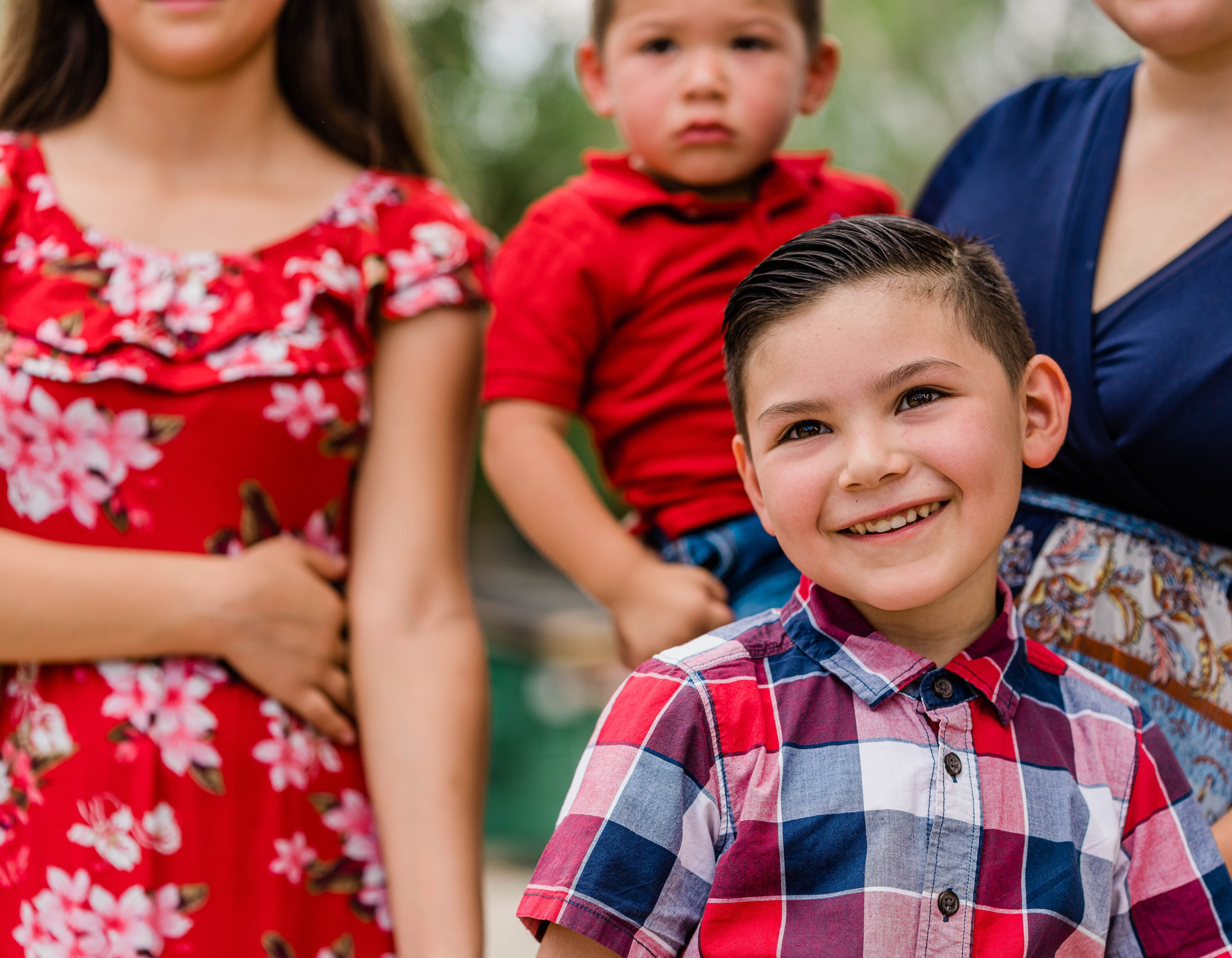
UNDERSTANDING THE DATA
Save the Children created the Rural Child and Family Well-being Data Dashboard in collaboration with the National Center for Disaster Preparedness at Columbia University to provide data-based answers to fundamental questions about rural America.
This data drives our decision-making and informs community-led strategies so we can best support America's rural families.


